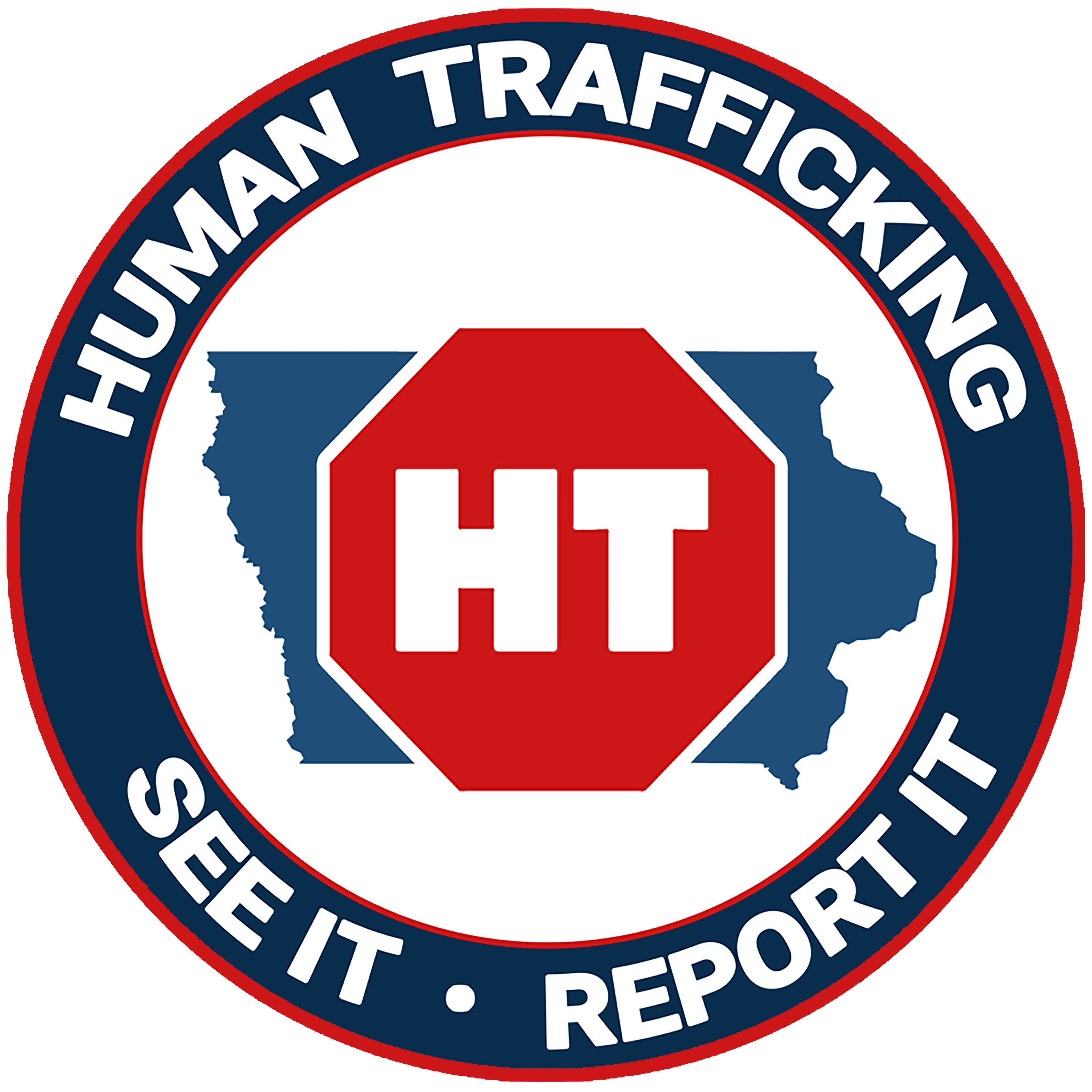Watching For Traffickers
Traffickers can be anyone – business owners, members of a gang or network, parents or family members of victims, or intimate partners. Like victims, perpetrators of this crime can be of any race, ethnicity, or gender.
Traffickers use a variety of tactics to control their victims, such as:
- Physical and emotional abuse and threats
- Isolation from friends and family
- Economic abuse
- Monitor communications
- Withhold food, shelter & transportation
Why Victims Don’t Come Forward
There are many reasons a victim may be afraid to come forward
and get help, including they...
- Don’t recognize they are a victim of human trafficking and/or don’t know their rights
- May not be in possession of or have control of their identification documents
- Have language barriers that make it difficult or feel impossible to reach out for help
- Fear law enforcement and/or lack of trust in organizations that could help
- Feel shame & embarrassment of their actions
- Withhold food, shelter & transportation
- May have experienced threats made by their traffickers toward themselves and/or their loved ones
- Fear deportation or putting fellow workers at risk

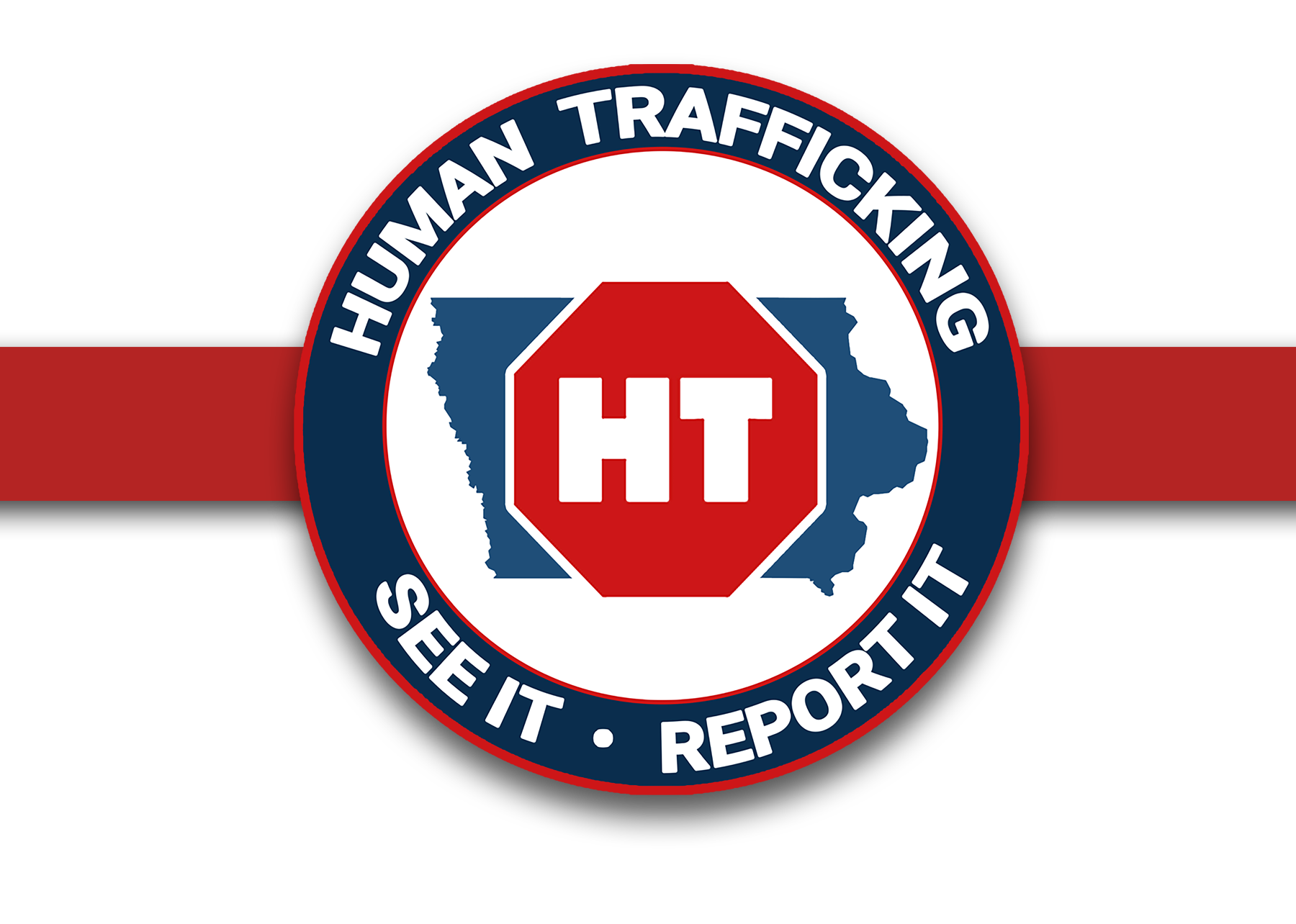
People may be particularly vulnerable to trafficking if they:
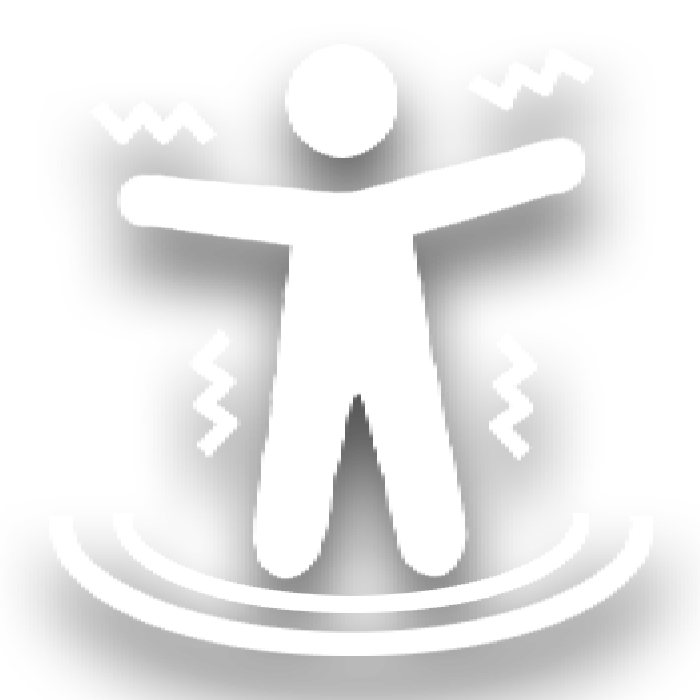
Have an unstable living situation.

Have a history of domestic violence.
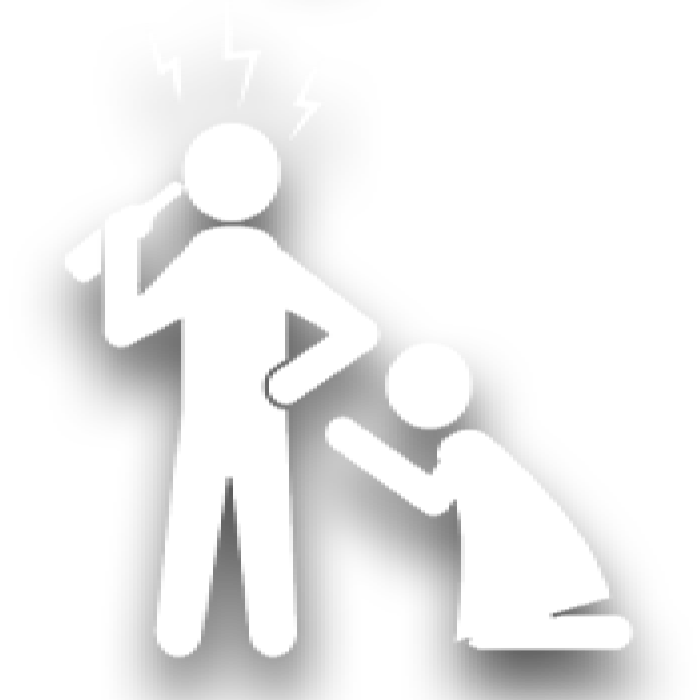
Have a caregiver or family member who has a substance abuse issue.
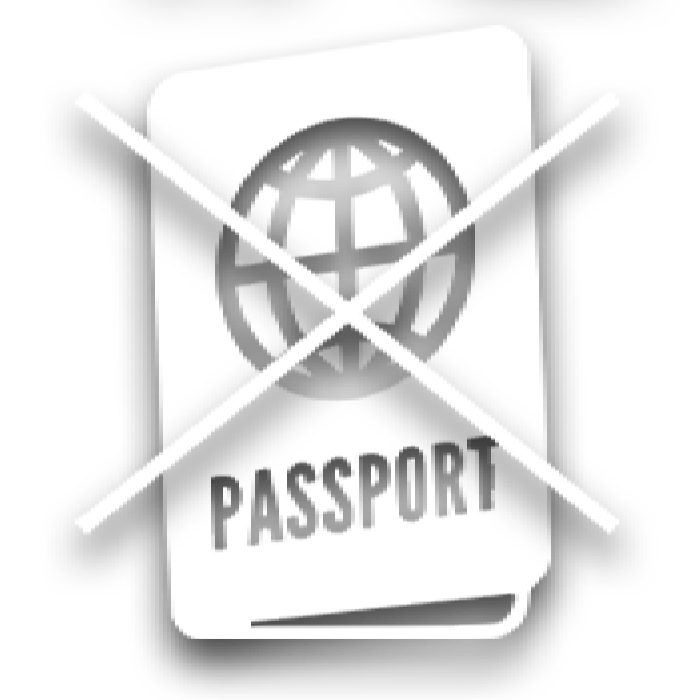
Are undocumented immigrants.
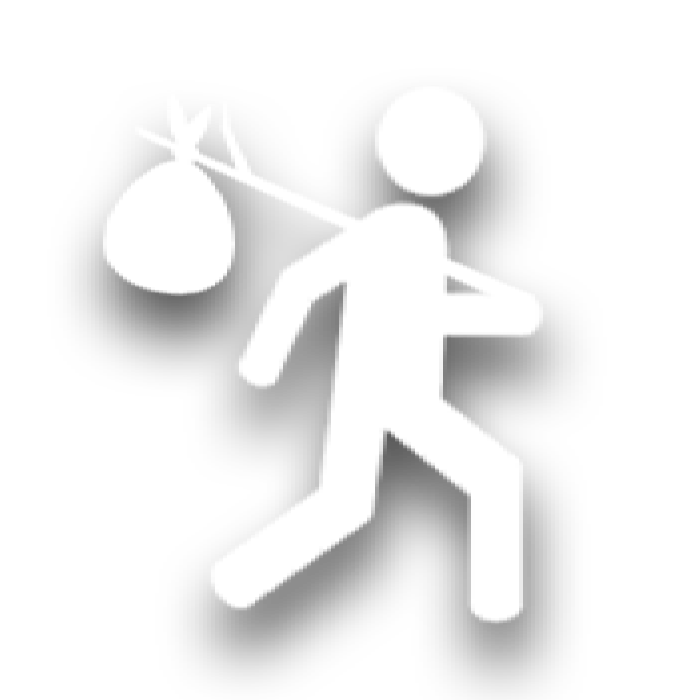
Are runaways or are involved in the juvenile justice or foster care system.
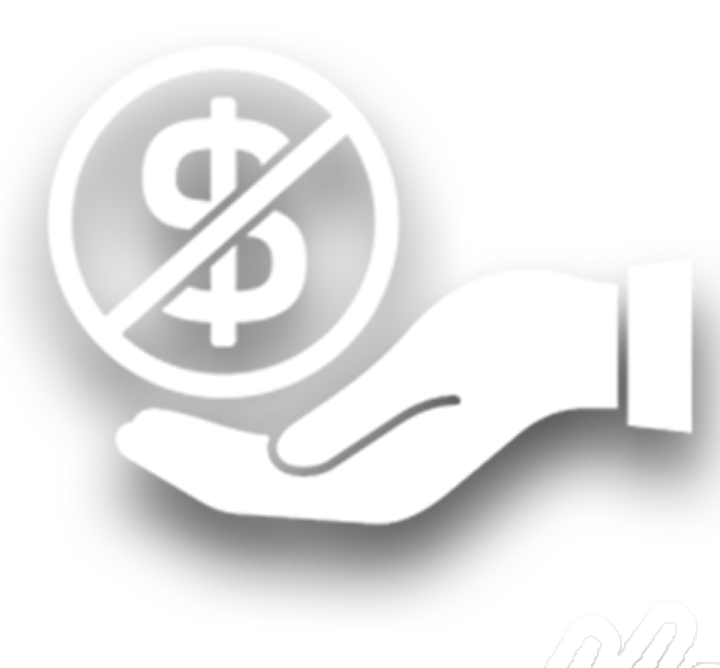
Are facing poverty or economic need.
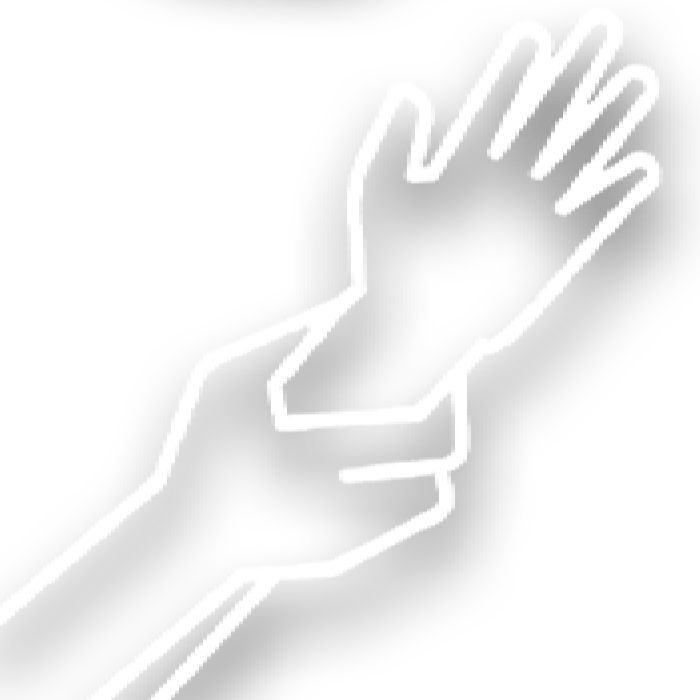
Have a history of sexual abuse.
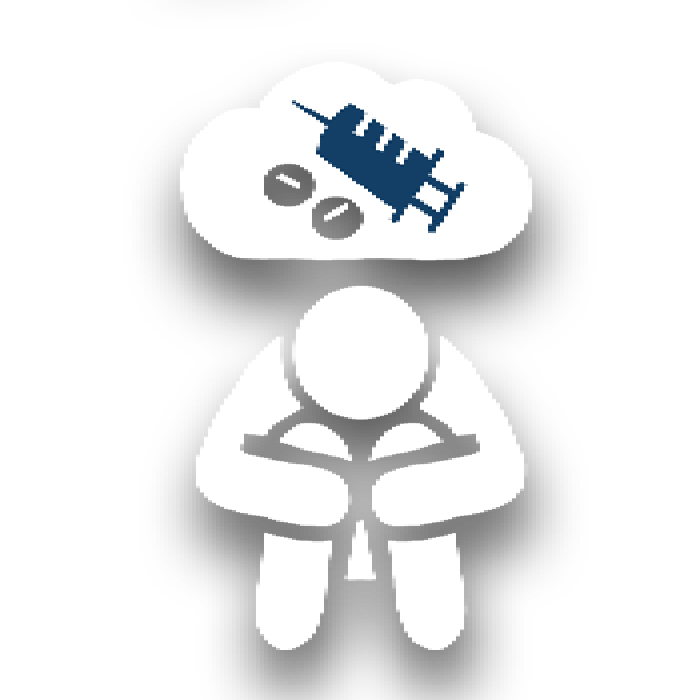
Are addicted to drugs or alcohol.
Recognizing the Signs
Human trafficking is a hidden crime. However, there are potential indicators to be aware of.
LABOR TRAFFICKING SIGNS:
- The individual is unpaid, paid very little, paid only through tips, or not paid directly
- They work excessive or unusual hours and/or are not allowed to take breaks
- They are unable to pay off a large debt that is owed
- They were recruited under false promises
- They live inside their place of work
- May not have access to documents/passports/identification
- Lacks knowledge of their location/area
- Not allowed to control communication devices
- Show signs of physical abuse
SEX TRAFFICKING SIGNS:
- Avoidance of eye contact and interaction with others
- The individual shows signs of distress, abuse, fear, anxiety, submission, despair, and/or nervousness
- They are evasive in sharing their name, address, or other personal information
- They have lack of knowledge about their whereabouts, such as city or state
- Their stories seem scripted or inconsistent
- They show signs of substance abuse or addiction, poor hygiene, malnourishment, or fatigue
- Their money, identification, or passport documents are controlled by another person
- Someone speaks for them and/or they are not free to come and go as they please
- Have Tattoos/branding related to being property/owned by trafficker (depersonalization)
- Victims are trauma-bonded to their trafficker / feel they can’t live without their trafficker
- Show signs of physical abuse
Additional Resources
If you or someone you know needs help, there is support and programs available throughout Iowa. Please learn more and connect with the many Iowa resources by visiting these links:
